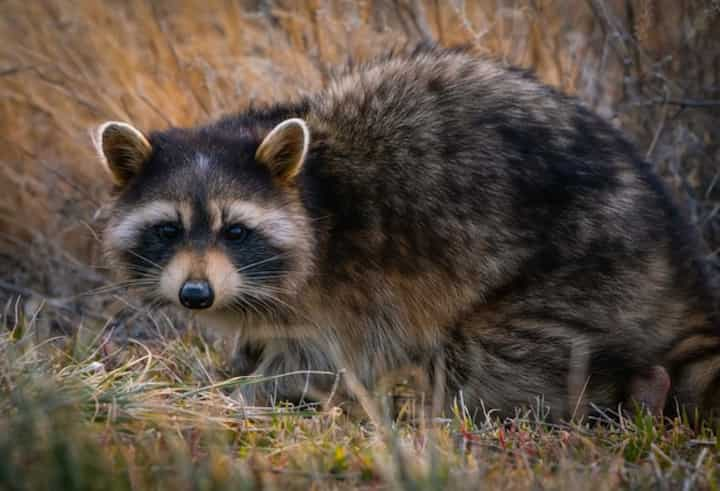
Exploring Wildlife Management Areas Near Des Moines Services and Expertise
Des Moines, the capital city of Iowa, is surrounded by an array of wildlife management areas that offer both recreational and conservation opportunities. These areas play a crucial role in preserving biodiversity and supporting a healthy ecosystem. For residents and visitors alike, understanding the services and expertise related to these wildlife management areas can enhance their experience and appreciation of the natural environment. This article explores the various aspects of wildlife management near Des Moines, providing insights into the services available and the expertise required to maintain these vital habitats.
Understanding Wildlife Management Areas
Purpose and Benefits
Wildlife management areas are designated regions aimed at conserving wildlife and their habitats. They provide several benefits, including:
- Protecting biodiversity and supporting endangered species.
- Offering recreational activities like bird watching, hiking, and hunting.
- Enhancing educational opportunities for schools and communities.
- Contributing to ecological research and conservation efforts.
Location and Accessibility
Located near Des Moines, these areas are easily accessible and provide a retreat into nature for residents. Many of these areas are equipped with trails, visitor centers, and educational programs to enhance the visitor experience. Explore further insights here.
Wildlife Management Services
Conservation Programs
Conservation programs are a cornerstone of wildlife management, ensuring the protection of species and habitats. These programs often include:
- Habitat restoration and maintenance.
- Species monitoring and management.
- Invasive species control.
- Community engagement and education.
For more information on conservation efforts, learn more in this detailed guide.
Wildlife Removal and Control
Effective wildlife management sometimes involves the removal or control of certain species, particularly when they pose a threat to human activities or other wildlife. Services include:
- Humane removal of raccoons, opossums, and other wildlife.
- Assessment and implementation of control measures.
- Prevention strategies to minimize future conflicts.
Read more about this topic here.
Expertise in Wildlife Management
Skills and Knowledge Required
Managing wildlife areas effectively requires a diverse set of skills and expertise. Professionals in this field typically possess:
- In-depth knowledge of local ecosystems and species.
- Expertise in conservation biology and environmental science.
- Experience in wildlife monitoring and habitat management.
- Strong communication skills for public education and engagement.
Community Involvement
Community involvement is crucial for the success of wildlife management efforts. Engaging local communities in conservation activities fosters a greater understanding and appreciation of wildlife. Programs often include:
- Volunteer opportunities in habitat restoration and monitoring.
- Educational workshops and guided tours.
- Partnerships with schools and local organizations.
Find additional information here.
Customer Feedback and Experiences
Feedback from visitors and residents is essential in refining wildlife management services and ensuring they meet public needs. Positive reviews highlight the effectiveness of programs and the dedication of management teams. Check out customer reviews here to see what others are saying about their experiences in Des Moines' wildlife management areas.
Conclusion
Wildlife management areas near Des Moines offer invaluable opportunities for conservation, education, and recreation. By understanding the services and expertise involved, individuals can better appreciate and contribute to these vital efforts. Whether you're interested in learning more about conservation programs or seeking to participate in community initiatives, these areas provide a wealth of resources and opportunities. For those looking to delve deeper into the intricacies of wildlife management, explore further insights here.